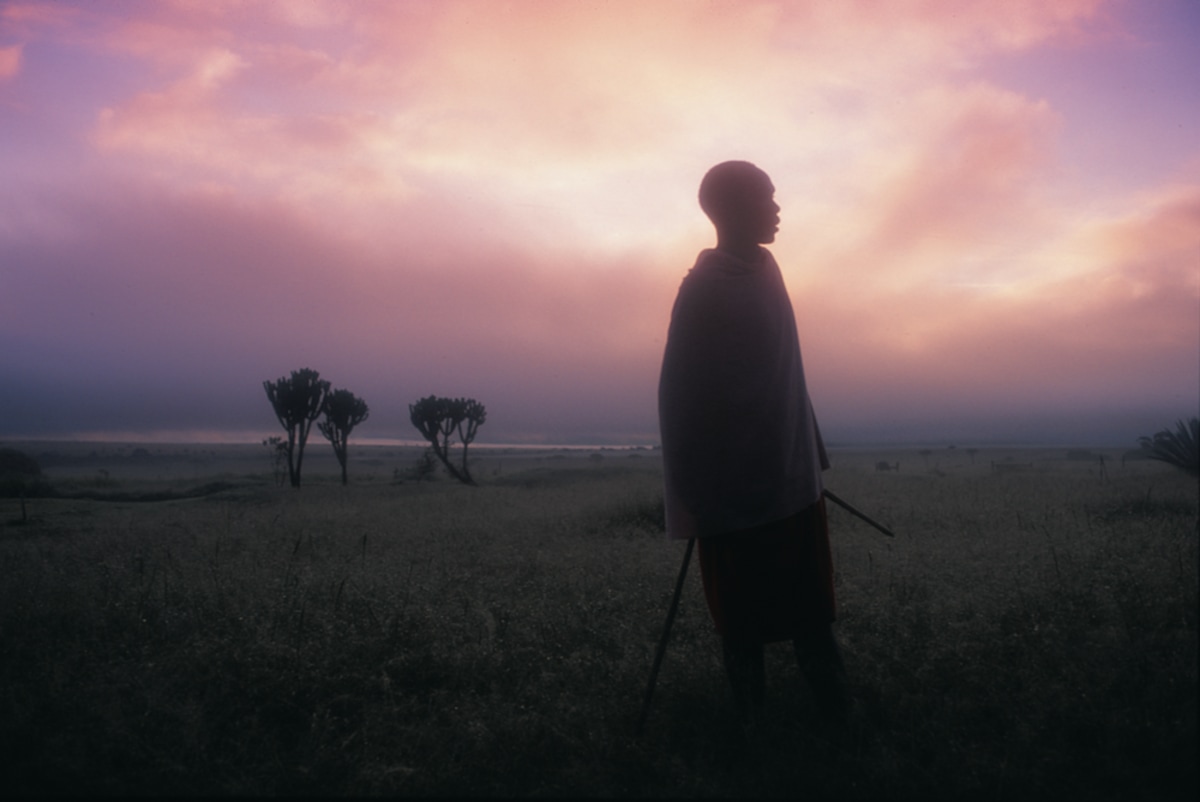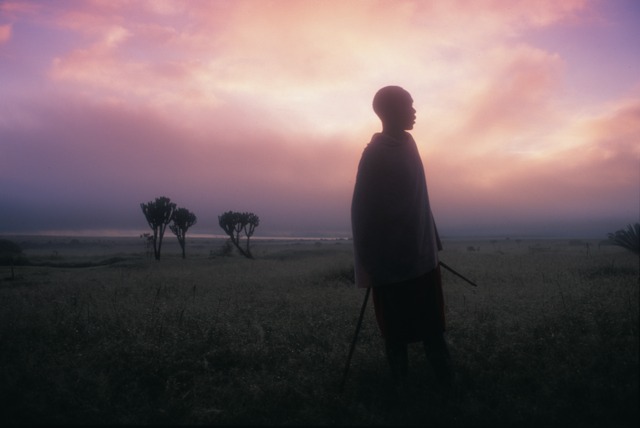
From the Ends of the Earth

From the Ends of the Earth
AN INTERVIEW WITH WAIRIMU
DIRECTOR OF PIONEERS EAST AFRICA
Pioneers: Hi Wairimu! Thanks so much for agreeing to chat with us today. Tell us a little bit about yourself—who you are, where you’re from etc.
Wairimu: I am a Kenyan missionary in my mid-fifties, a widow with one daughter whose family has two sons. I was born and raised in Nairobi from independence after my parents’ migration to the new capital. I coordinated youth and children’s ministry in two churches for a total of fifteen years before going to seminary to study missions. I have worked with refugees in this region for about eight years. I am now finishing doctoral studies in missional theology and development. I am also serving as the first Pioneers mobilisation office director for the East African region.
Pioneers: Who is the East Africa mobilisation office looking to train and send to the mission field? And where in the world are they going?
Wairimu: In theory, we are set up to send people from Kenya, Uganda, Tanzania, Rwanda, Burundi, South Sudan, Congo, Zambia, Malawi, Madagascar and Botswana, based on geographical and cultural affinity. French-speaking people from Congo are often drawn to North Africa; Kenyans seem to have quite an interest in the Middle and Far East. Ideally, they should be able to go to any destination the Lord has called them to if they can effectively raise sufficient and sustainable resources from their home communities. To that end, we normally encourage them to reach unreached peoples within their own country first.
Pioneers: You’ve implied here that one of the challenges in mobilising Africans is the lack of financial resources in the local churches. What are some other challenges that Africans face in answering God’s call to mission?
Wairimu: I have been involved in missionary care for a number of years and have seen first hand the challenges that indigenous missionaries face in part due to negligence and perhaps ignorance on the part of their sending churches and agencies. God has called many people to missions through local missions events, but a large number of them don’t reach their mission destinations because there are very few viable sending agencies and churches, if any.
Pioneers: So as a general rule, the local churches don’t have financial resources to support indigenous missionaries, but are there other ways the African church is contributing, or could contribute?
Wairimu: The church has made some effort in planting diaspora churches (for instance, Kenyan churches in the UK), mainly to meet the needs of Africans in other countries. These are maintenance churches that have potential for outreach, if given sufficient training, motivation and guidance. Church and mission leaders need to support missionary sending much more than they are doing, especially among unreached peoples where the need is great but the workforce is small.
Pioneers: More and more of the global Church’s missionary efforts are coming from the Global South. What do you think are the contributing factors to this increased sense of calling in people from the Global South?
Wairimu: There are a lot of teaching, training, envisioning activities happening in Kenya these days. Kenya is a global missions, business and public service hub so many mission strategies and ideas get tested here first. There is also a growing number of well-discipled Christians who are venturing into missions even though the sending efforts are still low.
Pioneers: What can people in the “traditional” sending nations (the UK, the US, Germany etc.) do to facilitate the sending of Africans, South Americans and Asians?
Wairimu: It would be good if they could come and visit and see that their financial endowment is being used in God’s work, regardless of who uses it. In addition, they could share their expertise and be willing to work under indigenous leadership. The challenges of local resource mobilisation make it difficult to send those who clearly are ready to go but don’t have the financial muscle to sustain themselves. Trade imbalances continue to keep the Western nations rich at the cost of Southern economies so we may never really be able to compete at the same level.
Pioneers: When we think of the word ‘missionary,’ a European or North American face usually springs to mind. But the fact is, God has been calling Africans to missions for a long time. We’ve been told missions runs in your family...
Wairimu: Yes! I just found out recently that my grandmother, who I didn’t get a chance to know, was a missionary. I hope to start writing her story in another year or so. Many intriguing stories are told about her but what is clear is that she and her husband were commissioned to reach many in the Kenyan highlands, she built a church in her compound and was non-denominational in her work. She is my current hero.
Pioneers: What’s going on in the East Africa mobilisation office these days? What do you need prayer for?
Wairimu: I have spent most of this year recruiting and training potential volunteer staff. I have learnt the hard way a lot about the aspirations and expectations of volunteers in Christian service. Those who have experience in the positions we require are looking for jobs and not for volunteer positions. Those who are willing to volunteer don’t tend to have the discipline to learn what they need to contribute meaningfully. I am praying for God to bring those whom he has called to commit to this work. I need urgent prayers for this office team to come together. We are open to staff members coming from any part of the world if they feel called to serve in a mobilisation office in admin and accounts, training facilitation, resource mobilisation, research and publications, and in missionary care.
I have had the opportunity to walk with about fifteen people who expressed interest in being mobilised. It turns out that many of them are looking for paid positions. I am learning that we will need creative sending ideas such as sending people as students, business people and professionals for mobilisation to succeed. Also, we will need locally to engage young believers who are indigenous to their own unreached people to make it sustainable.
Pioneers: Thank you for your insights, Wairimu. You’ve given us a lot to think about! We will keep you and our Kenyan brothers and sisters in our prayers, and who knows, maybe one of us will be called to come serve alongside you to mobilise Africans to the nations!
